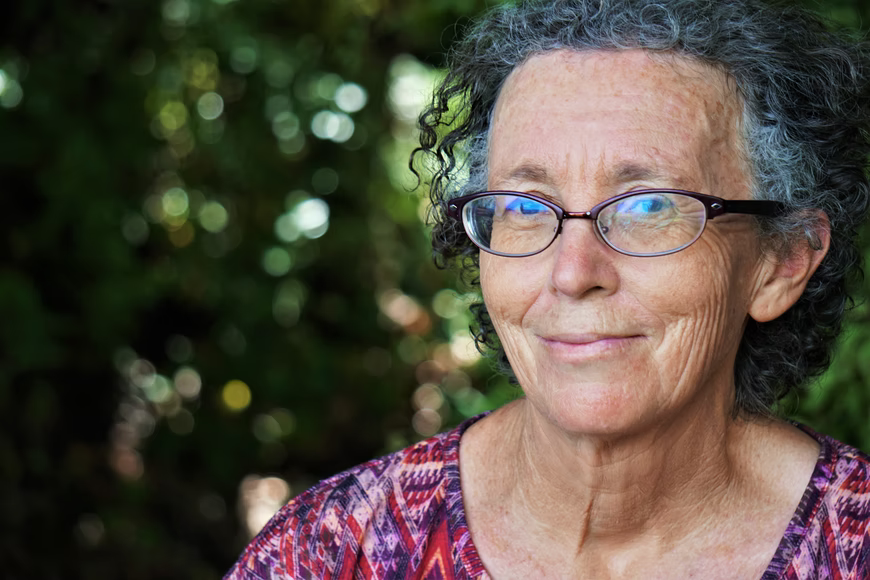RPM Spotlight: Remote Patient Monitoring and Dementia
Dementia is a debilitating condition. Patients with dementia suffer from cognitive issues, forgetfulness, and impaired social skills. The symptoms often impact a person’s memory, language, concentration, and problem-solving skills. Since dementia is most frequently observed in older adults, it is often assumed to be a normal part of aging. But it’s not normal. Countless health organizations are doing all they can to stop the disease’s progression among their patients.
Although many different diseases can lead to dementia, Alzheimer’s disease is by far the leading cause. The World Health Organization (WHO) estimates that more than 55 million people are currently living with dementia worldwide and about 10 million new cases emerge every year. As the baby boomer generation gets older, the incidence of dementia cases is only going to rise.

Dementia carries an enormous psychological, social, and economic burden; not just for patients, but for their families and healthcare providers too. The global pandemic further distanced patients from caregivers and clinicians, and greatly reduced their access to dementia care and support. There is now an urgent need to utilize technological advancements to improve the well-being of people living with dementia.
Living with Dementia
Dementia disrupts a person’s cognitive abilities. Reasoning, judgment, memory, communication, and even visual perception are all affected. For this reason, people suffering from dementia experience a significant decrease in their quality of life. The following signs and symptoms are early indicators of dementia.
- Getting lost in a familiar neighborhood
- Trouble remembering names, places, or locations
- Forgetting the terms for ordinary, familiar objects
- Difficulty recalling memories
- Failure to complete simple tasks independently
Because dementia largely affects older adults, its crippling symptoms are often combined with natural age-related decline. This further highlights the importance of proper support, care, and education for patients living with dementia.
There is currently no cure for dementia, but depending on the root cause of the issue, some of its symptoms may be reversed with dedicated monitoring and care. However, in the vast majority of cases, even the best support and management can only delay the symptoms from getting worse.
This makes effectively diagnosing and treating dementia a challenge. The unpredictable nature of this condition makes it difficult for providers to create a successful treatment plan. A combination of medications and therapies is generally prescribed to improve symptoms.
RPM Improves Care for Patients with Dementia
Remote patient monitoring solutions enable dementia patients to stay in touch with their healthcare providers from the comfort of their homes. This is a major benefit considering that dementia patients are usually dependent on their caregivers to drive them to and from their appointments.
This trip can be extremely taxing for patients who have limited mobility or are at risk of developing anxiety, agitation, or confusion in unfamiliar environments. Many patients in rural areas have to put up with exhausting journeys just to see a dementia specialist once or twice a year. This geographical gap becomes irrelevant with the right remote patient monitoring system.
Research has shown that remote healthcare monitoring is an effective way to support neurological examinations and neurocognitive testing. Remote health monitoring connects dementia patients with specialists right from the diagnosis stage. As the consultation progresses, providers can also guide the caregivers with personalized care and support plans.
Wearable health monitoring devices can be utilized to send regular reminders and notifications to people suffering from dementia. These prompts ensure that patients take their medication on schedule, attend online therapy sessions, and respond to routine cognitive assessments.
Location tracking devices are particularly valuable for dementia patients who may show wandering behaviors. It’s a comfort for family members to know that their loved ones’ whereabouts can be tracked with RPM devices.
Other integrated home health monitoring devices like blood pressure meters, glucose meters, pulse oximeters, peak flow meters, and pedometers can keep a record of patients’ physical well-being at all times. This combination of data is especially valuable for dementia patients suffering from more than one medical condition.
The Future of RPM Solutions for Dementia Patients
Advanced remote patient monitoring systems make dementia care and treatment more accessible, reducing the incidence of crisis symptoms and emergency room visits. This not only improves overall patient well-being, but reduces the medical costs of dementia care as well. Emerging evidence shows that consistent care and support through remote patient monitoring and telehealth can also decrease levels of caregiver depression.
Careful monitoring of dementia symptoms and prescribed therapies is essential for the successful treatment of this condition. A remote healthcare monitoring system is the perfect way to connect dementia patients with all kinds of qualified professionals — wherever they are and whenever they need it. Continuous observation allows clinicians to clearly understand the challenges patients face at home. Specific treatment plans can then be customized based on these records.
CoachCare offers cutting-edge remote patient monitoring services that are designed to integrate seamlessly with your existing processes. The platform combines ease and efficiency for providers, patients, and billing staff. Improve patient outcomes and boost your clinic’s revenue with CoachCare RPM today!